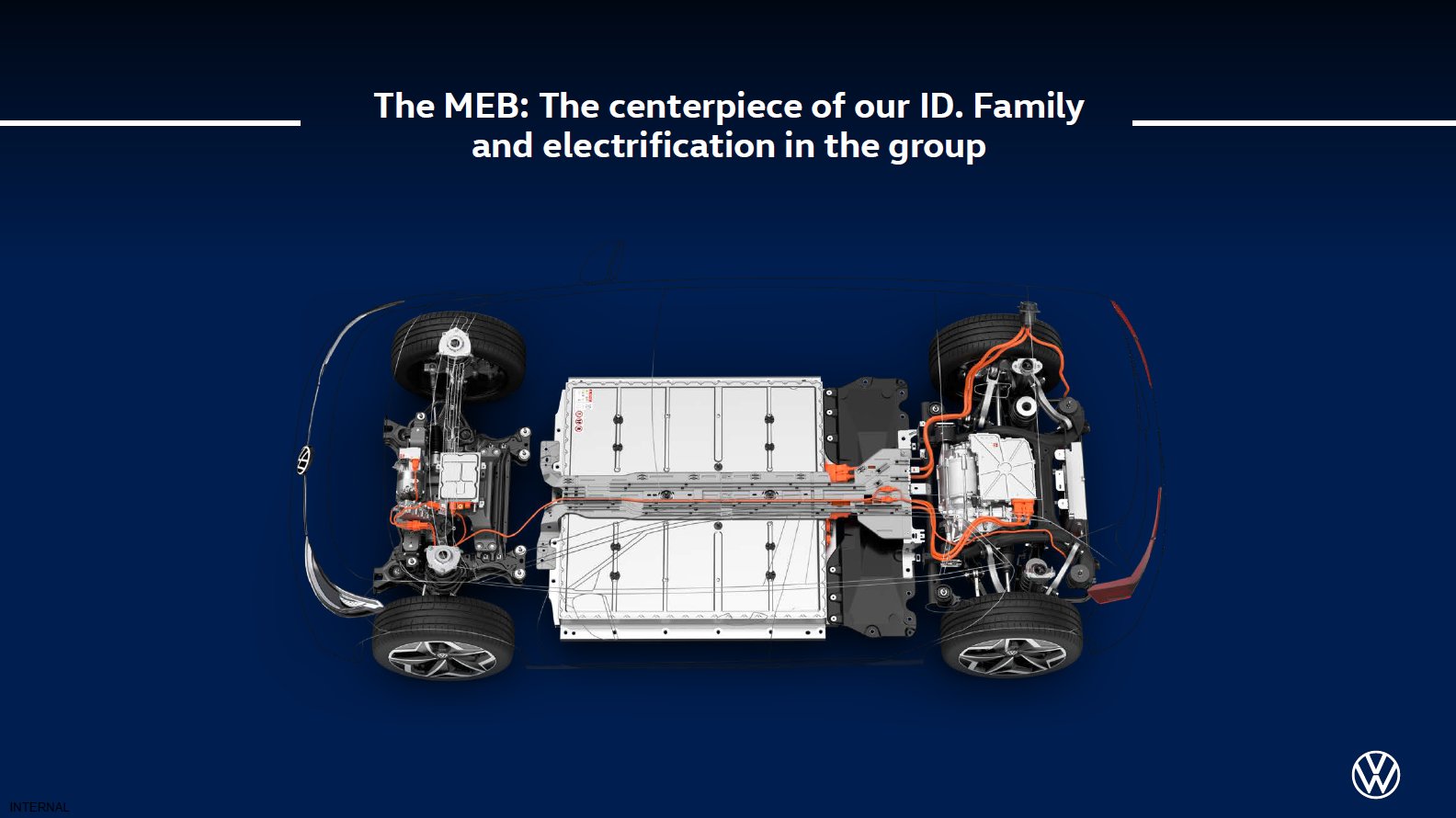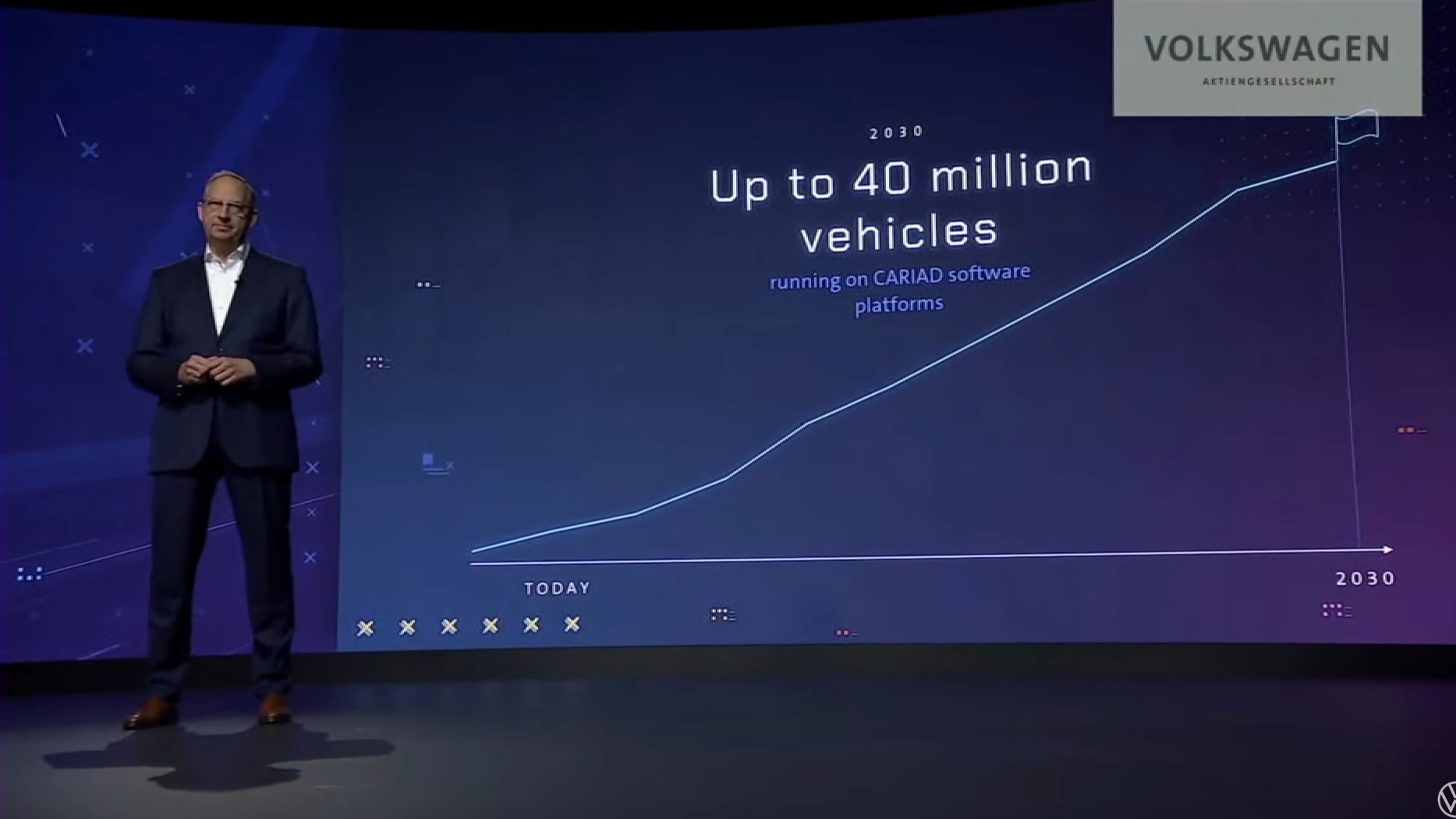For decades, Volkswagen and Toyota have been locked in a fierce competition for the title of the world’s largest automaker. However, the rise of electric vehicles (EVs) threatens to upend this long-standing rivalry.
While Volkswagen was initially caught off-guard by the EV revolution, its belated efforts to catch up may prove insufficient in the face of rapid technological advancements and intense competition from emerging EV manufacturers.
The EV revolution, fueled by advancements in lithium-ion battery technology, has gained significant momentum in recent years. Tesla’s pioneering efforts and the increasing availability of affordable EVs have accelerated the transition away from traditional gasoline-powered vehicles. Volkswagen, like many established automakers, faced challenges adapting to this paradigm shift.

The company’s initial response to the EV trend was slow and somewhat hesitant. Despite launching the e-Golf in 2013, Volkswagen’s broader EV strategy didn’t gain traction until after the Dieselgate scandal in 2015. In the wake of this crisis, the company announced ambitious plans to expand its EV lineup and invest heavily in electric vehicle technology.
However, Volkswagen’s execution of its EV strategy has been fraught with challenges. The ID.3, the company’s first dedicated EV model, was plagued by software issues and production delays, hindering its market penetration. These setbacks have allowed competitors, such as Tesla and Chinese EV manufacturers, to gain a significant advantage in the EV market.
Its reliance on external suppliers for software solutions, a common practice among traditional automakers, has proven to be a major setback. Unlike previous models, electric vehicles are essentially computers on wheels, requiring sophisticated software development capabilities that Volkswagen lacked. As suppliers struggled to keep up with the rapid pace of EV technology, Volkswagen realized the need to develop its software in-house.
To address this challenge, Volkswagen established Cariad, a dedicated software company tasked with creating software for its electric vehicles. Unfortunately, Cariad’s performance fell short of expectations, leading to significant delays in the development of Volkswagen’s software-defined vehicles and the subsequent ousting of CEO Herbert Diess. The company’s struggles were exacerbated by the new management’s lack of understanding of Diess’s vision and their eagerness to accelerate EV development.

As a result, Volkswagen’s ambitious electrification plans were significantly derailed, and the company continued to produce underwhelming EVs based on the outdated MEB architecture. Of the 30 EV models announced in 2016, only a handful have been launched, and none have achieved significant commercial success.
Even the latest addition to Volkswagen’s EV lineup, the ID. Buzz minivan and ID.7 sedan, have failed to capture the market. The MEB architecture, which should have been replaced long ago, remains in use due to ongoing delays.
The disappointing performance of Volkswagen’s ID. branded EVs has led to discussions about discontinuing the brand altogether. Instead, Volkswagen plans to leverage the popularity of its iconic models like the Golf and Tiguan.

